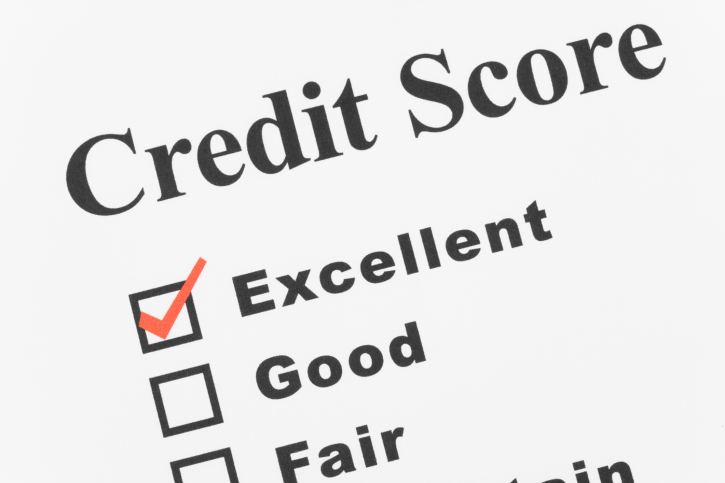Refinancing Your Mortgage: Understanding the Various Types of Refinancing
 Whether you’ve been thinking about ways that you can draw on your home equity to fund a renovation project or you want to take advantage of low interest rates before they rise again, refinancing your mortgage is an excellent option.
Whether you’ve been thinking about ways that you can draw on your home equity to fund a renovation project or you want to take advantage of low interest rates before they rise again, refinancing your mortgage is an excellent option.
In today’s blog post we’ll introduce mortgage refinancing and discuss a few of the ways that you can use this tool to help accomplish your financial goals.
Cash-In and Cash-Out Refinancing
Many homeowners refinance their mortgage in order to take some of the home equity out for other purposes. In a “cash-out” refinancing, you take out a new mortgage loan which is greater in value than your current loan. After paying off the existing mortgage you’ll receive a check for the difference which can then be reinvested in home upgrades or put to use elsewhere in your financial portfolio. You may also be able to get a better interest rate in this type of refinancing, saving additional money over the long term.
Do you owe more on your mortgage than your home is currently worth but still want to take advantage of lower interest rates? If so, “cash-in” refinancing is an option that can help you to avoid the mortgage insurance costs that you may be facing when you refinance. As the name implies, cash-in refinancing will provide you with a loan that is for less than the amount that you currently owe, so you’ll need to add “cash-in” to make up the difference.
Home Affordable Refinance Program or “HARP” Refinancing
If you find that you’re unable to refinance your mortgage as the value of your home has declined, the federal government’s Home Affordable Refinance or “HARP” Program may be an option. HARP was developed to assist homeowners in the wake of the 2008 financial crisis and the resulting instability that was caused in the real estate and mortgage markets. If you have been making your mortgage payments on time, have a mortgage guaranteed by Fannie Mae or Freddie Mac and your current “Loan to Value” ratio is greater than 80% it’s likely that you’ll qualify for HARP refinancing.
The above are just a few of the ways that you can refinance a mortgage to better suit your needs and financial goals. Contact your local mortgage professional today to learn more about refinancing and to discuss how you can tap in to the home equity that you’ve built up over time.

 Are you thinking about using a mortgage to buy a new home? Buying your own piece of local real estate is a major financial investment and one that can require some pretty complex math to fully understand.
Are you thinking about using a mortgage to buy a new home? Buying your own piece of local real estate is a major financial investment and one that can require some pretty complex math to fully understand. Are you about to apply for a mortgage loan in order to buy a home? If so, you may be curious about your credit score and how this might impact your financing.
Are you about to apply for a mortgage loan in order to buy a home? If so, you may be curious about your credit score and how this might impact your financing.